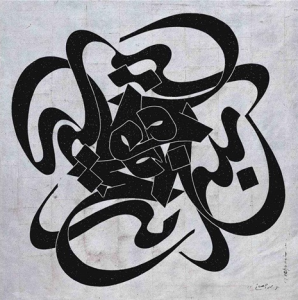By Shaykh Muhammad ‘Awwamah
Translated by Muntasir Zaman
Before concluding the first cause of difference, it is necessary to discuss two doubts that dwell in the minds of many people:
The statement, “When a Hadīth is authentic, it is my opinion”
The authenticity of a Hadīth is sufficient to practice upon it
The first doubt is put forth as follows:
Imām al-Shāfī‘ī mentions, “When a Hadīth is authentic, it is my opinion.’ Hence, if we come across an authentic Hadith in Sahīh al-Bukhārī, for example, in a particular issue and we practice according to that Hadīth, then we have practiced upon an established Sunnah and according to a reliable school of jurisprudence. Moreover, it is incorrect to confine the madhhab of Imām al-Shafi‘ī to what is written in the works of his school of jurisprudence because, based on his own statement, any authentic Hadith will also form part of his madhhab.”
The answer is that the statement “When a Hadīth is authentic, it is my opinion” has been recorded from scholars besides Imām al-Shāfi‘ī. Rather, this is the mute expression of every Muslim who understands the meaning of the statement, “there is none worthy of worship besides Allāh, and Muhammad is His messenger.” Read more



 An essential part of every Muslim child’s life!
An essential part of every Muslim child’s life! إِنَّا أَنزَلْنَاهُ قُرْآنًا عَرَبِيًّا لَّعَلَّكُمْ تَعْقِلُونَ
إِنَّا أَنزَلْنَاهُ قُرْآنًا عَرَبِيًّا لَّعَلَّكُمْ تَعْقِلُونَ
